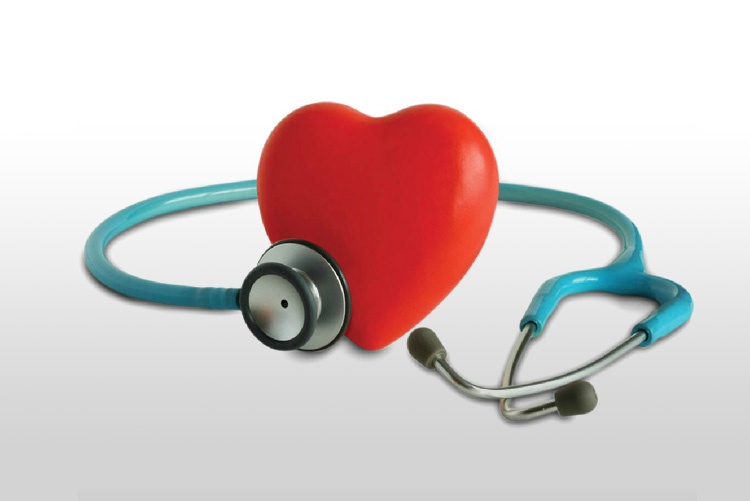Blood is an essential part of the human body that circulates through the entire body. The basic function of blood is to remove waste from the cells in the body. Blood supply essential substance to each and every part of the body such as oxygen, sugar, hormones, etc. It is the combination of plasma and cells.
Up to 55 percent of blood content has been made up of plasma and the remaining consists of RBC as well as platelets. The common disorder of blood is blood cancer, anemia, and clots. The blood clot is a condition in which blood has changed from liquid to a gel and it increases the risk of heart attack and stroke.
Blood thinner medicine is prescribed by the doctor that prevents blood clots. Canada Drugs are beneficial in blood clots as well. Here, in this article, we discuss how to take blood thinner safely.
Never Skip Blood Thinner: If you are taking blood thinner medicine then take it consistently. These medicines don’t work effectively if you can’t take them at the right time. Be serious about your medicine and take it at the same time each day. If you missed your dose then ask your doctor and then restart it. Never take the double dosage as it may lead to some serious problem. Stick to a schedule and never skip a pill.
Know About Your Medicine: When you take blood thinner with other medicines such as pain reliever that contains aspirin then it contributes to certain other serious condition. Before starting any medication ask your doctor and make sure that it is safe to take with your blood thinner. Blood thinner work can hampers even with vitamin tablets. So, be safe and know everything about your medicines.
Avoid Vitamin-K Rich Food: The most common blood thinner is Warfarin and it becomes less effective if you take food which contains vitamin K such as sprouts, lettuce, spinach, etc. Irrespective of warfarin other blood thinner are not affected by vitamin K. Ask your doctor, if your diet affects the working of blood thinner.
Regular Blood Test: If you are taking a blood thinner, you need a regular blood test to measure how fast your blood clots. With the help of the blood test, your doctor can able to decide how much medicine you need and require any changes in the dose or not. With these reports, your doctor can keep you in a safe range. So, regularly take your dosages and go for test.
Be Aware of Its Side Effects: While taking blood thinner it is essential to know about its possible side effects. The most common side effect of blood thinner is bleeding. Too much dosage may cause bleeding and if you skip its dosage can cause a blood clot. Consult your doctor if you face the following symptoms:
- Dizziness
- Bleeding Gums
- Red and dark brown urine
- Heavy menstrual bleeding
So, stay safe while taking a blood thinner. Never hurt yourself and avoid sports that cause injury. Blood thinner is helpful and necessary medications but take them safely.

